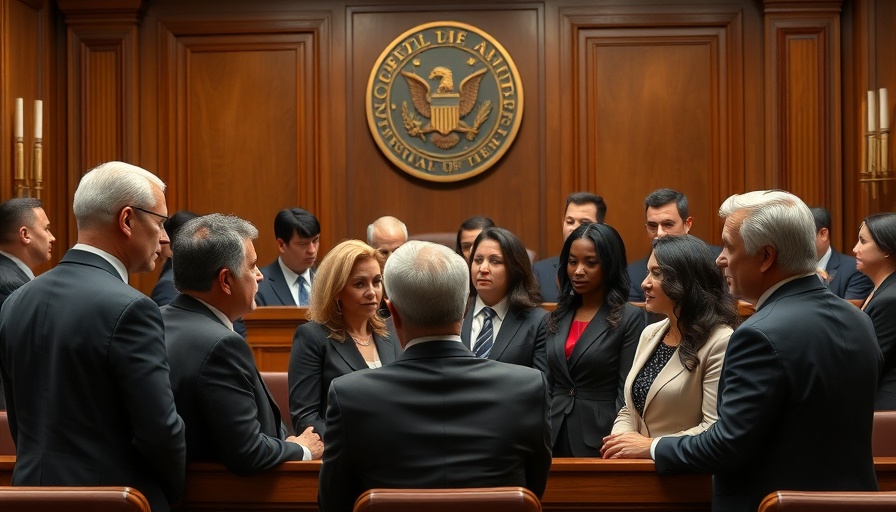
The Disputed Legacy of uMkhonto we Sizwe
The ongoing legal battle over the name and brand of uMkhonto we Sizwe (MK)—the once-mighty military wing of the African National Congress (ANC)—illustrates the complexities of South African political identity and history. At the heart of the conflict is a philosophical question: who rightfully owns the legacy of a struggle that shaped a nation's future? As the ANC strives to preserve its association with MK, the emergence of a new political party opting for the same name raises critical concerns about voter perception and electoral integrity.
Historical Context: A Fight for Recognition
The MK has long symbolized resistance against apartheid, making its name a powerful emblem in South African politics. The ANC argues that the newly formed MK party, devoid of any historical connection to the struggle, is attempting to exploit this legacy for electoral gain. The ANC’s assertion that the MK party’s use of the name not only misleads voters but undermines the hard-earned reputation of the ANC presents a formidable argument. Former president Jacob Zuma's involvement exacerbates tensions, as opposing parties jockey for influence ahead of the critical 2024 general elections.
Legal Implications: Trademark or Deception?
As the legal proceedings unfold before the Supreme Court of Appeal (SCA), the matter of trademark ownership raises intriguing legal questions akin to those in many global political contexts. As referenced in the KwaZulu-Natal High Court's previous rulings, the court must determine if MK's use of the name breaches ANC's trademark rights established under South African Trademark Law. Legal experts will likely examine whether the public could confuse the two political entities, an element critical in trademark disputes. The stakes are undeniably high, as the impact ripples across the landscape of South African political discourse.
Counterarguments: A Complicated Landscape
Despite the ANC's attempts to secure the MK legacy, the MK party counters that they have as much right to the name as any political organization in a democratic society. They argue that the ANC's claims border on monopolistic tendencies that suppress legitimate political opposition. This scenario reflects a broader tension in South African politics, where the past continuously intersects with the quest for present relevance and future governance. Such debates on ownership of political symbolism signal an ongoing struggle for identity in a nation still healing from its historical wounds.
Political Ramifications: Who Will Benefit?
As the 2024 elections loom, the implications of this battle stretch beyond mere name ownership. Political analysts predict that the resolution of this case could significantly influence electoral dynamics and the voter turnout in those elections. If the ANC is successful in silencing the MK party's branding, could it lead to a consolidation of power, or merely fuel further division among opposition parties? Moreover, as citizens grapple with crucial issues of governance—from economic policies to service delivery—how this battle plays out may inform public sentiment and electoral choices.
The Future of Political Espionage
With heightened competition among South Africa's political parties, the question of identity transcends this particular legal confrontation. The legal arguments around MK's name ultimately reflect deep-seated issues regarding political trust, voter manipulation, and ethical campaigning in the country. As South Africa approaches the anticipated 2024 elections, it is clear that the legacy of uMkhonto we Sizwe continues to shape contemporary political narratives. Both ANC and its critics must navigate this treacherous landscape, where history and future aspirations collide in new and often unexpected ways.
The confluence of these various elements not only shapes the current political environment but also frames the long-term future of governance in the broader context of South Africa's evolving democracy. As such, the resolution of this court case could have lasting implications far beyond simple trademark rights, invoking considerations of national identity and collective memory.
 Add Row
Add Row  Add
Add 




Write A Comment